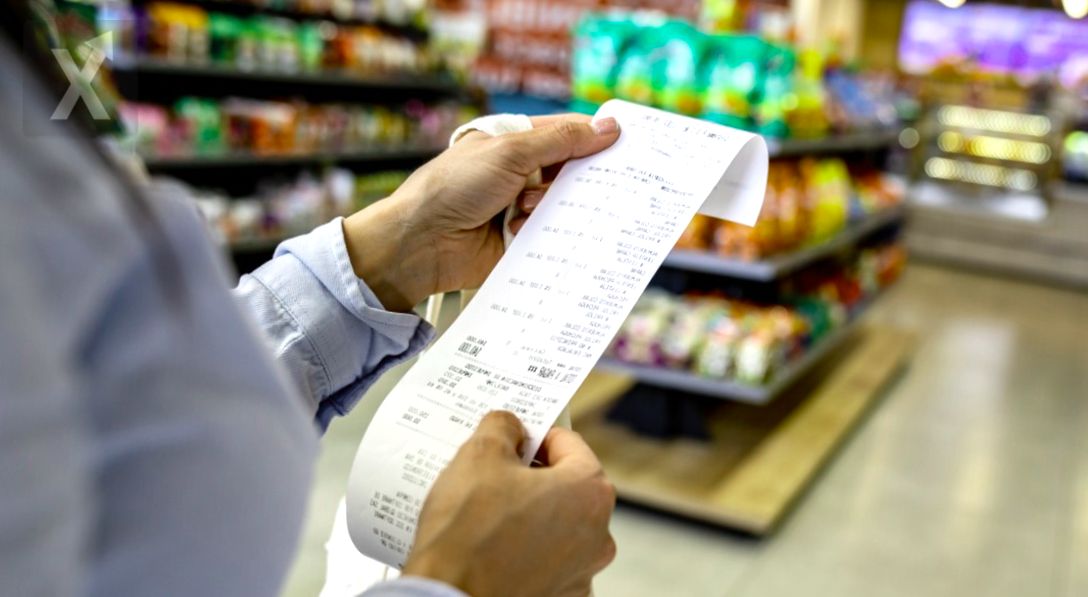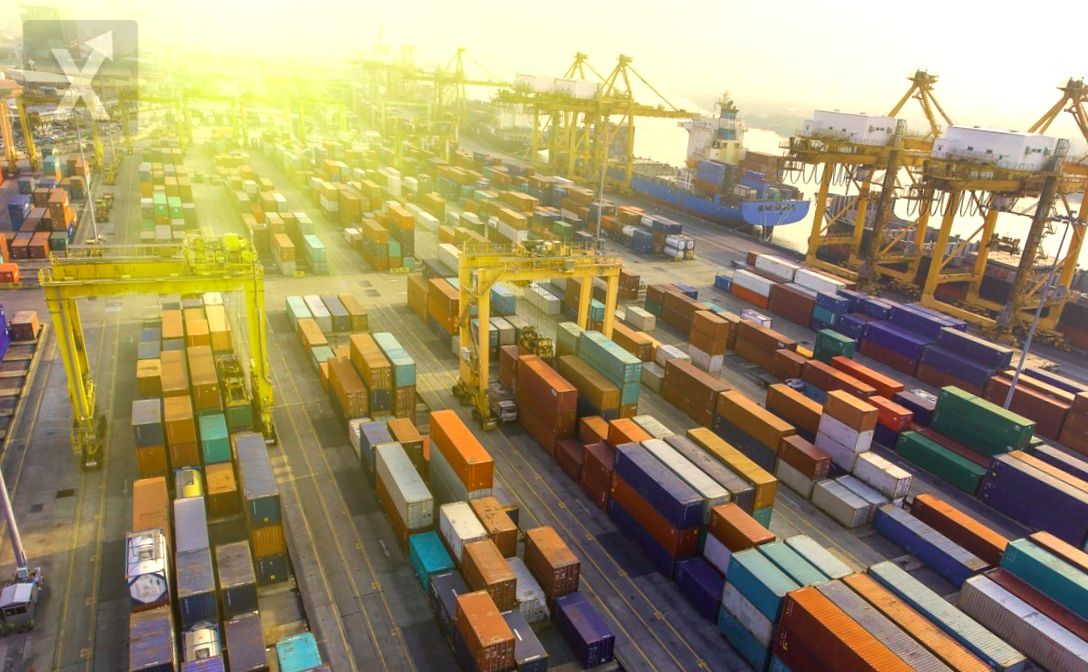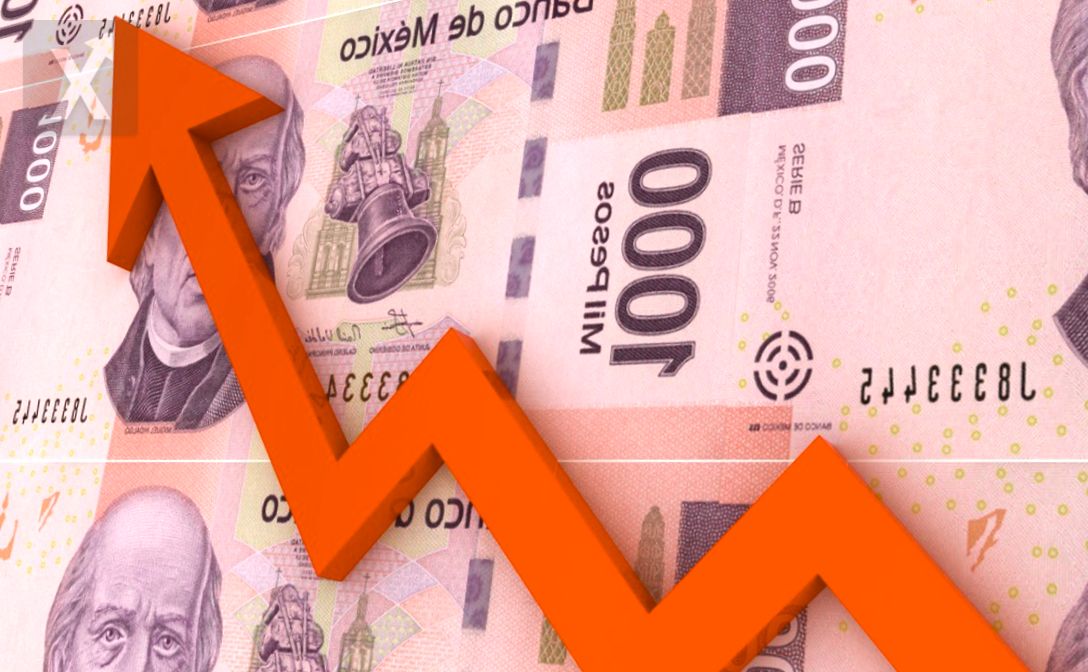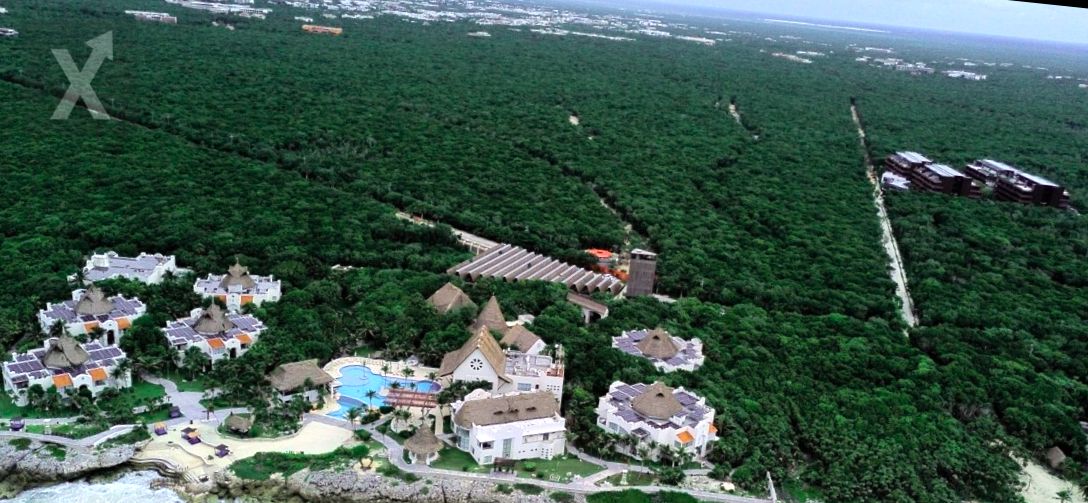Slowdown in Exports and Public Spending Affects the Mexican Economy
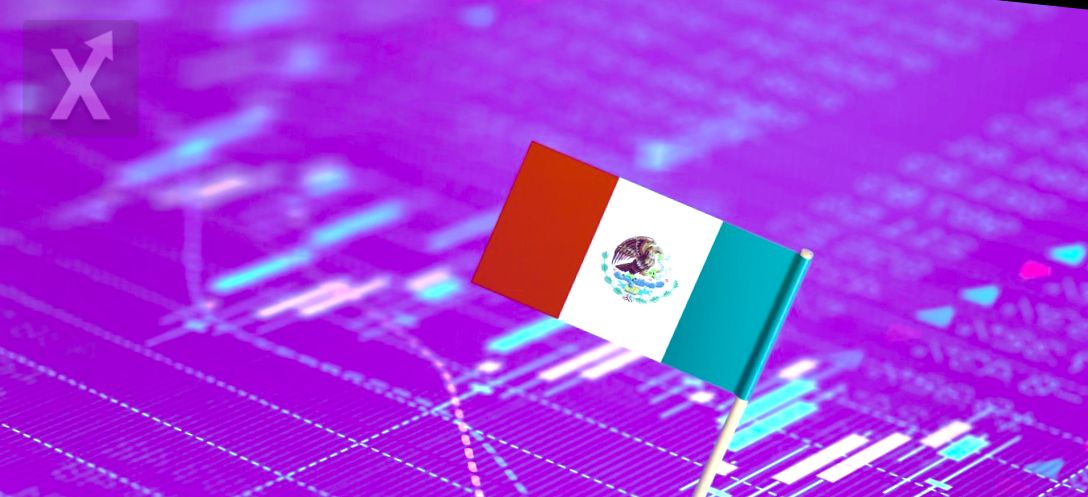
The Bank of Mexico (Banxico), the World Bank, and the International Monetary Fund (IMF) have lowered their growth expectations for the Mexican economy in 2024 and 2025, having done so at least three times this year. These entities indicate that the decline in export activity, private investment, and a reduction in public spending are behind the downward adjustments in GDP projections for this year and the next, according to their latest economic analyses and estimates.
For 2024, it’s estimated that Mexico's GDP will close at 1.5% according to Banxico and the IMF, while the World Bank places it at 1.7%. This 1.5% rate would be the second lowest, excluding the drop due to COVID in 2020, following a mere 0.9% growth in 2013. For 2025, expectations from these organizations vary, ranging from 1.2% from Banxico to 1.5% from the World Bank. The three factors impacting these revisions are: 1.- Decrease in exports to the United States, 2.- Slow growth in private investment, 3.- Reduction in public spending.
Decline in Exports to the United StatesDespite an expansive fiscal policy, “it is anticipated that the slowdown in exports to the U.S. market and the restrictive monetary policy will limit growth in 2024 to around 1.5,” warned the IMF in its analysis of Mexico and the global outlook. As of August, Mexico's exports to the U.S. were valued at $43.747 billion, reflecting only a 0.84% growth compared to the same month last year, marking the lowest increase of 2024. Between January and August, annual contractions in Mexican exports to the neighboring country have been reported three times.
Reduction in Public SpendingLast Monday, the National Institute of Statistics and Geography (Inegi) reported that total exports from Mexico fell by 0.97% in September compared to the previous month, marking the second consecutive monthly decline, as they dropped 2.86% in August. “External demand will continue to have little impact on Mexico’s growth in 2024, due to the expectation that weakness in the U.S. manufacturing sector will persist. For 2025, an improvement in industrial production in that country is expected to contribute to increased external demand for our country, although these projections carry a high degree of uncertainty,” highlighted the Mexican central bank in its most recent quarterly report.
Private Investment in Slow RecoveryBanxico also forecasts that economic growth in 2024 and 2025 will be moderate, largely supported by domestic consumption. “Private consumption, and to a lesser extent, private investment are expected to continue increasing, although the contribution of the latter will be less than anticipated due to a lack of dynamism and the uncertainty still felt from both internal and global factors,” explained the central bank. Between January and July, gross fixed investment has shown growth, but at a much slower pace compared to the previous year, according to Inegi data. While positive effects from public spending are anticipated, these are considered to be smaller than initially expected, according to Banxico’s latest report.
The IMF emphasizes that after robust growth in 2023, economic activity has slowed in recent quarters. For 2025, this cooling is expected to continue, reaching 1.3%, given the projected fiscal adjustment and a less favorable international environment. Meanwhile, the Ministry of Finance estimates that net public spending for 2024 will exceed the original allocation by 121 billion pesos, but anticipates a cut of 706 billion for 2025 compared to the amount approved for 2024, resulting in a real reduction of 7.5%. This is in line with the goal to lower the fiscal deficit from 5.9% of GDP at the end of 2024 to 3.5% for 2025, as President Claudia Sheinbaum commented on October 24. “The budget for 2025, which will be presented in mid-November, must include a solid plan to meet medium-term fiscal goals and ensure fiscal sustainability,” the IMF emphasized in its latest evaluation of Mexico's economic projections. On the other hand, the World Bank suggests that to achieve sustainable growth and reduce poverty in the medium term, it is crucial to address structural constraints such as limited access to financing, insecurity, informality, excessive regulations, and infrastructure problems. “Additionally, it is necessary to tackle challenges related to fiscal space, as overcoming these obstacles is key to maximizing the opportunities presented by nearshoring trends in the current international context,” concluded the World Bank.
This situation reflects an inequality in the pace of economic growth that could have serious repercussions for long-term development. Both public and private investment are essential to cultivating a healthy economic environment. It is crucial to implement effective policies that not only stabilize spending but also foster investor confidence and create a climate conducive to growth, both nationally and internationally.
